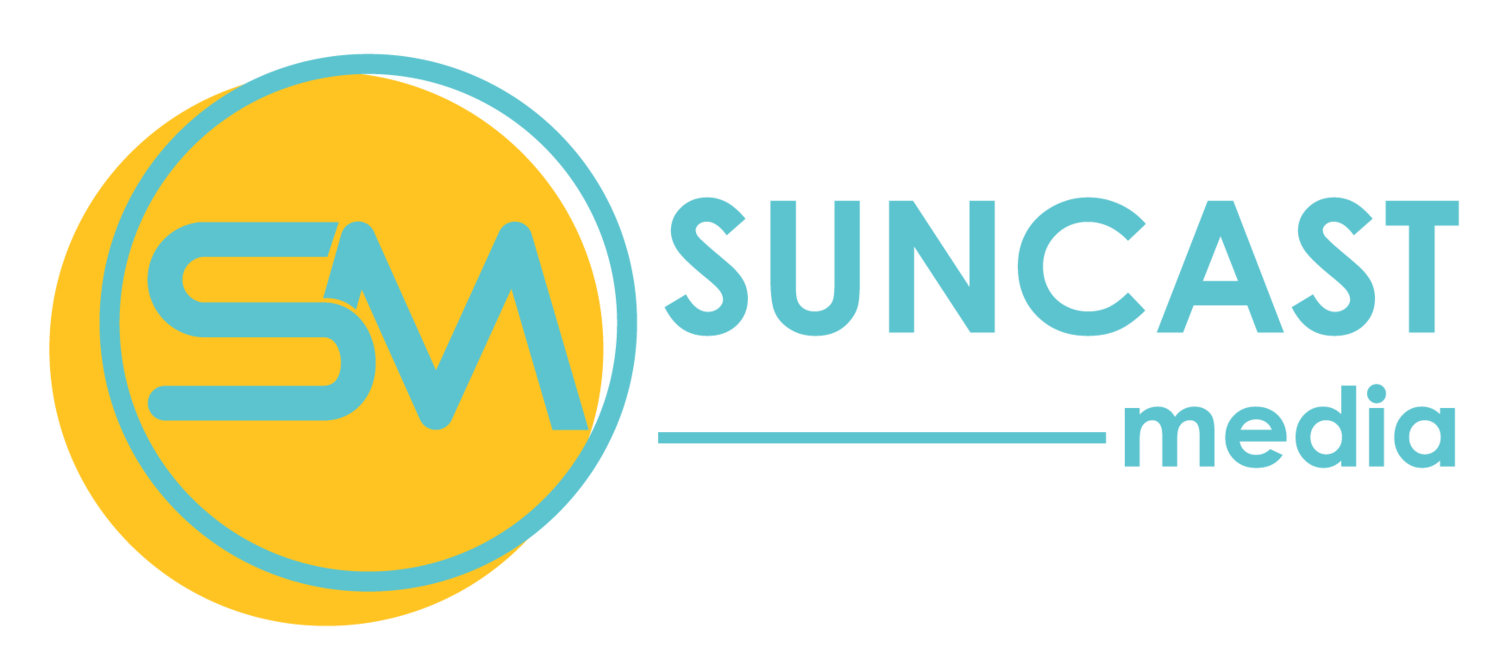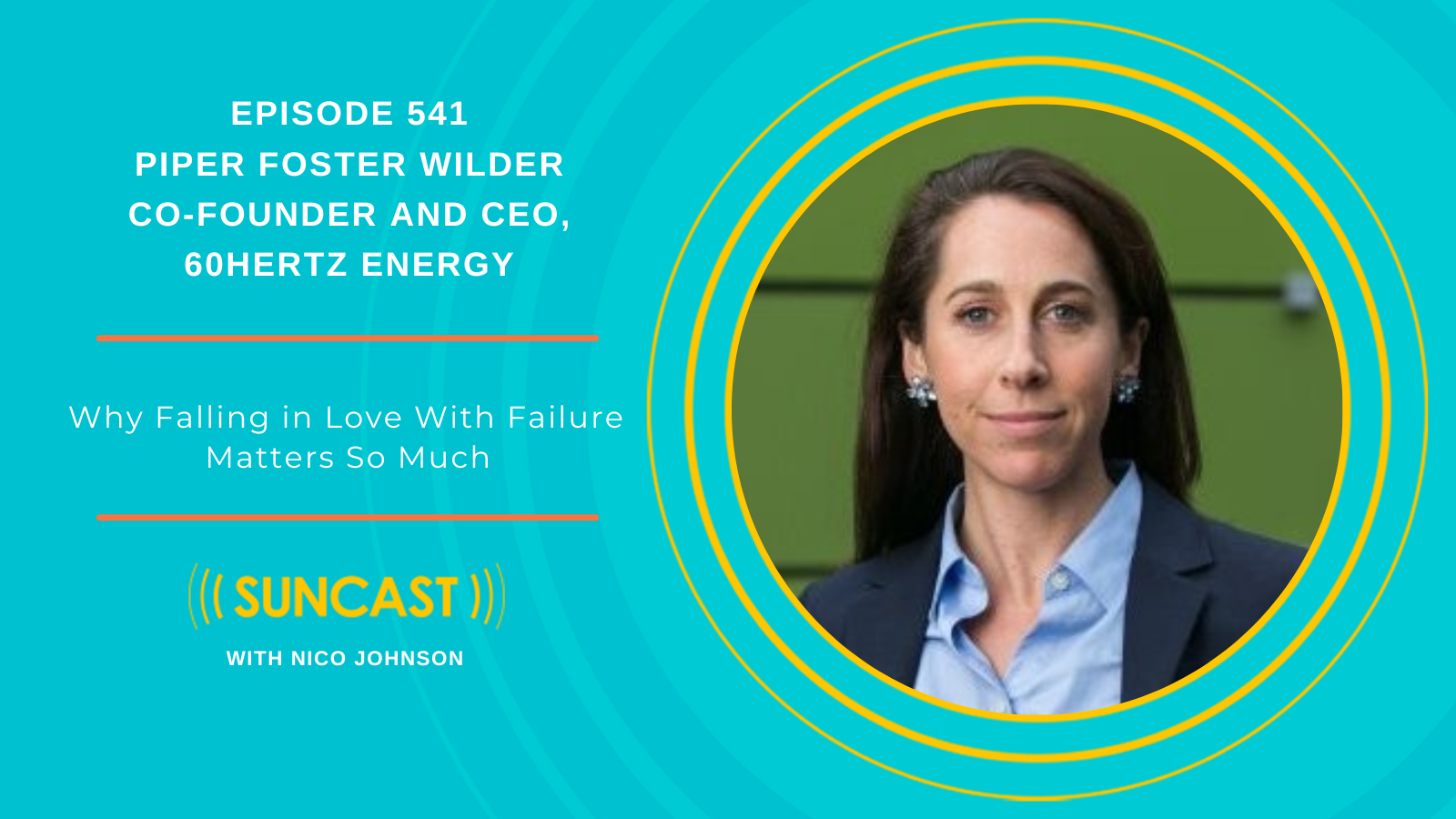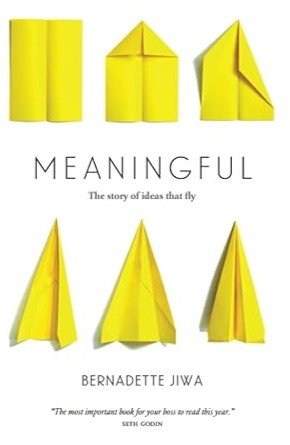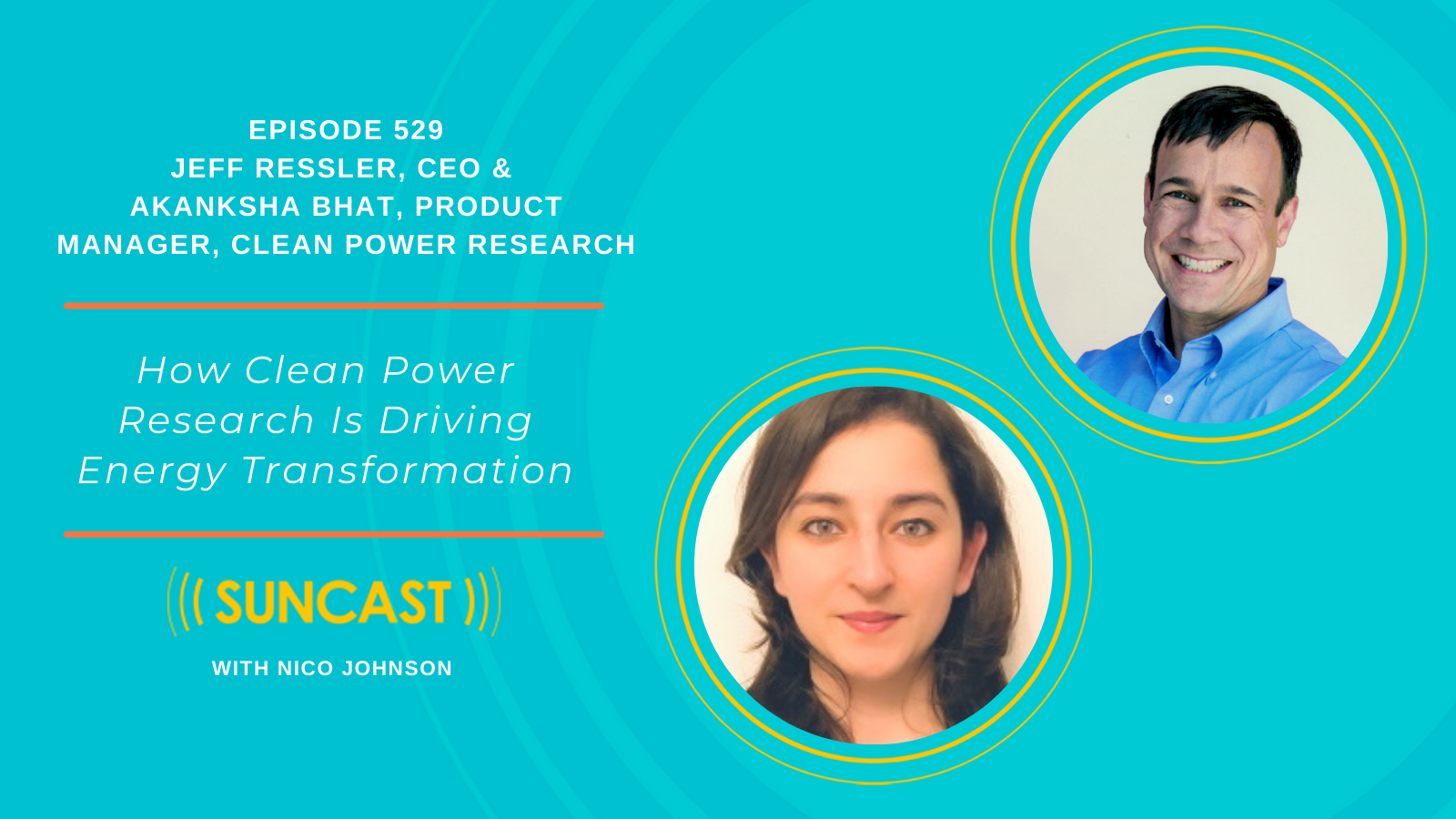We'd love if you'd leave us a 5 ⭐ rating & review and it's never been easier: www.ratethispodcast.com/suncast
The Inflation Reduction Act (IRA) has supercharged U.S. solar market forecasts. But growth will be tempered by still prominent supply chain issues.
That's just some of the insights you'll hear more about in this impactful Tactical Tuesday featuring Sylvia Leyva Martinez, a senior analyst in Wood Mackenzie's Power and Renewables team, and Shawn Rumery, senior research Director at the Solar Energy Industries Association (SEIA).
"We all agree the IRA has been great news for the industry, and we're considering that for forecasts. But in the short term, we still have supply constraints," Sylvia said.
The quarterly SEIA/Wood Mackenzie Power & Renewables U.S. Solar Market Insight is the longest-running U.S. solar industry trends report. It has been tracking deployments across all four market segments — residential, commercial utility-scale, and community solar — since 2010.
The U.S. Solar Market Insight Q3 2022, released in September, provides an early look at how the Inflation Reduction Act (IRA) will transform America's energy economy. Forecasts suggest the IRA will help the U.S. solar market grow 40% over baseline projections through 2027, equal to 62 gigawatts (GW) of additional solar capacity.
Wood Mackenzie predicts the utility-scale sector will lead the solar industry's growth during the next five years with 162 GW of new capacity. Cumulative solar installations across all market segments will nearly triple, growing from 129 GW today to 336 GW by 2027.
The IRA will provide crucial support for U.S. solar, Shawn said. After a record year in 2021 with 24 gigawatts installed, forecasters expected installations would climb to 30 gigawatts this year — with more than half from utility-scale projects.
"Unfortunately, starting at the beginning of the year, we started seeing a lot of supply chain challenges, as many folks are aware of, with most of that stemming from the pandemic. And then, layered on top of that was the Auxin Solar trade case, which overnight created major issues," Shawn said. "So we're not looking at 30 gigawatts this year, but probably closer to 15 to 17 gigawatts."
Auxin Solar, a California-based manufacturer of solar modules, petitioned the Commerce Department in February to investigate whether Chinese companies operating in Thailand, Malaysia, Vietnam, and Cambodia circumvent existing antidumping and countervailing duties on Chinese solar products.
In a new report this month, the Commerce Department agreed imports sourced from those Asian countries are skirting existing U.S. regulations, pavinng the way for new tariffs on imports.
Shawn oversees SEIA's research and analysis activities, helping to provide data and insight in support of SEIA's communications and advocacy goals. Since joining SEIA in 2011, he has been a contributing author to the U.S. Solar Market Insight report series and SEIA's Solar Means Business report series and led the development of SEIA's National Solar Database.
Sylvia researches market dynamics, business models, market developments and financial strategies of utility-scale solar P.V. projects in the U.S. and Canada.
They have a wealth of solar industry insights to share, so I hope you'll join us for the show.
Today's episode is a rebroadcast from the RE+ PowerUp Media Zone, a live production of SunCast Media.
TIMESTAMPS:
(02:48) Introduction
(06:38) How IRA has impacted solar deployment expectations
(08:40) Sylvia's view on the challenges in the industry
(12:47) Long-term impact of IRA on deployment
(16:27) How the PTC impacts the market
(17:13) Domestic Content Provisions
(18:39) Why solar procurement is slowing down
(20:20) Things in place to improve inter-connection challenge
(21:56) Bold prediction
(22:44) How to find Sylvia
(23:00) Wrap up
Thanks again to this week's sponsor, helping keep the podcast FREE to you!
SUNGROW focuses on integrated energy storage system solutions, including PCS, lithium-ion batteries and energy management system. Pleae visit https://www.mysuncast.com/sungrow
ABOUT THE HOST OF SUNCAST:
Nico Johnson is the creator and host of SunCast, consistently rated a top solar podcast in the clean energy sector. The content of the show is geared towards listeners looking for insights on where the markets are headed, how to position themselves or their companies, and what today's market leaders do to stay ahead of the pack.
Nico is an Investor, Executive Coach, and 16-year veteran of the solar industry, having led development in the US and Latin America for global companies like Trina Solar and Conergy.
You can connect with Nico Johnson on Twitter, LinkedIn or email.
If you’ve been second-guessing your work decisions or maybe trying to reconsider how you "fit" in the renewable energy industry -> grab 20 minutes on Nico's calendar and discuss whether having him as Your personal coach might be the right next step.







































